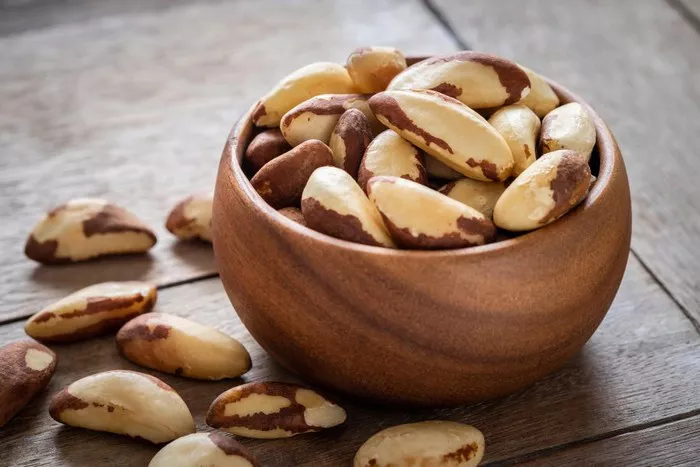As women enter their 40s and 50s, hormonal changes, particularly a drop in estrogen levels, can lead to noticeable hair thinning and loss. Board-certified dermatologist Dr. Viktorya Kazlosukaya explains that this hormonal shift triggers an increase in androgens, which can negatively affect hair growth.
To combat these changes, Dr. Kazlosukaya emphasizes the importance of a healthy lifestyle, including proper rest, regular exercise, and a diet rich in protein and antioxidants. Protein is essential for hair growth, as hair follicles are primarily made of proteins, while antioxidants help protect hair from damage caused by free radicals.
In addition to a nutrient-rich diet, certain supplements like magnesium, vitamin D, or specialized formulas like Nutrafol can aid in managing menopausal hair changes. For some women, hormone replacement therapy (HRT) might also be an option, though it requires consultation with a healthcare provider.
By adopting these dietary changes and healthy habits, women can support hair growth and improve the overall health of their hair during menopause.
Related topics:
- Hair Plus Expands into Global Haircare Market with Japan as Launchpad
- Jon Anik Jokes UFC Fighters Are Shaving Their Heads for Hair Transplants in Turkey
- Shoppers Call Karseell Collagen Hair Mask a “Game-Changer”


